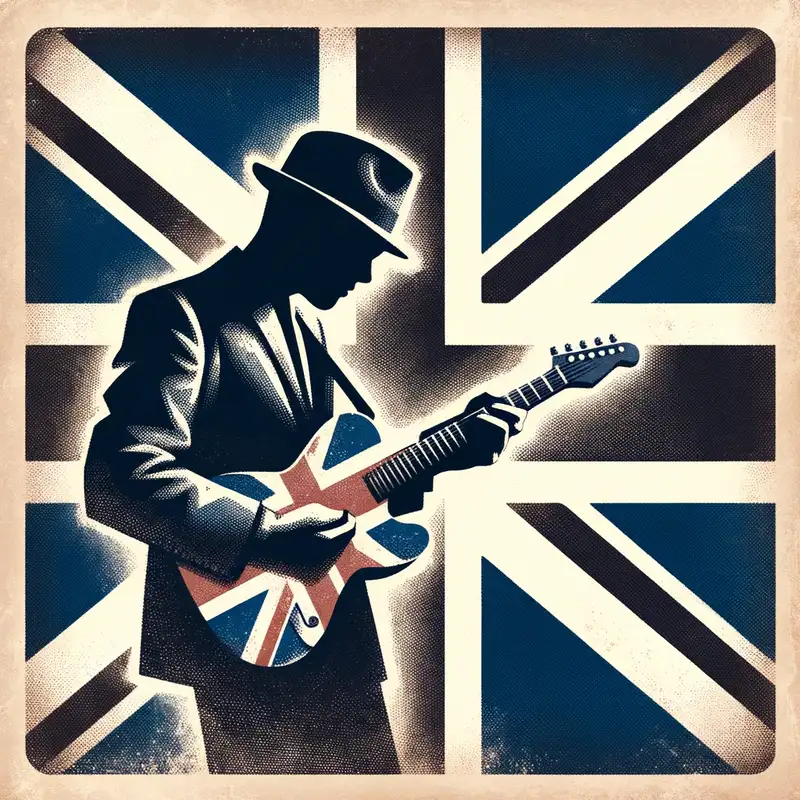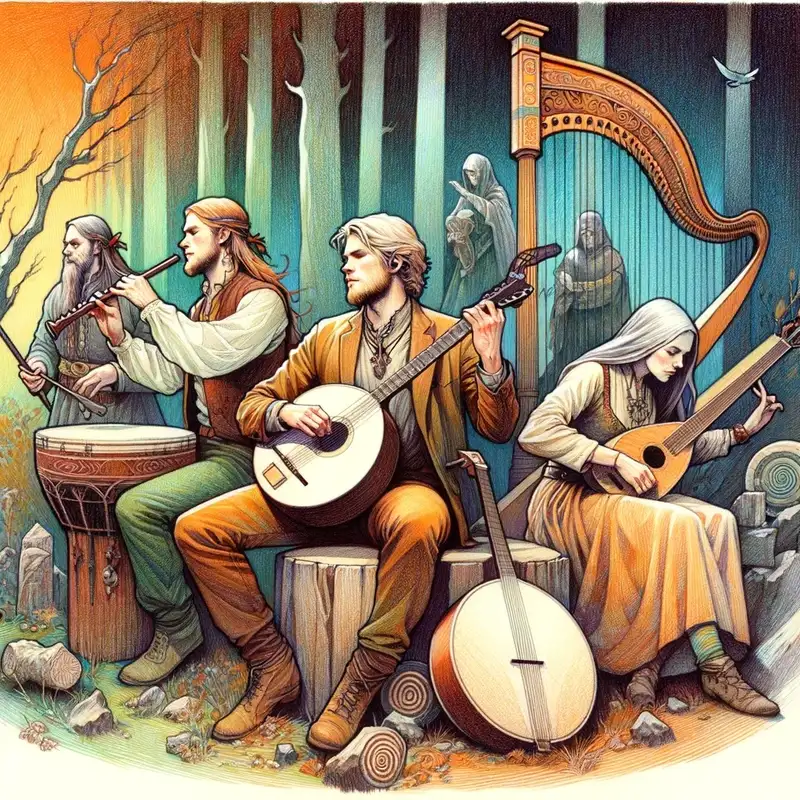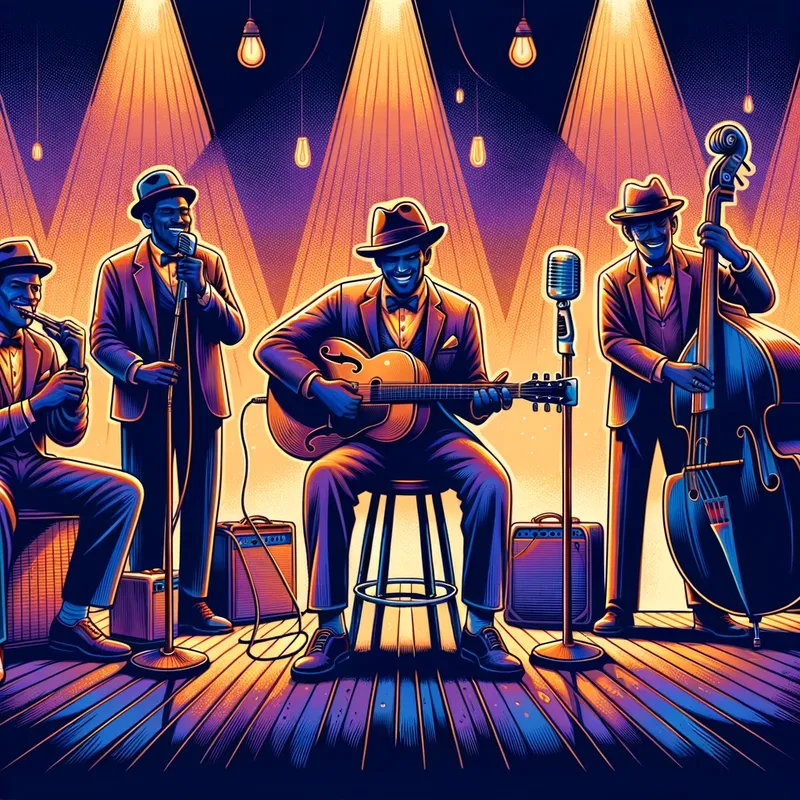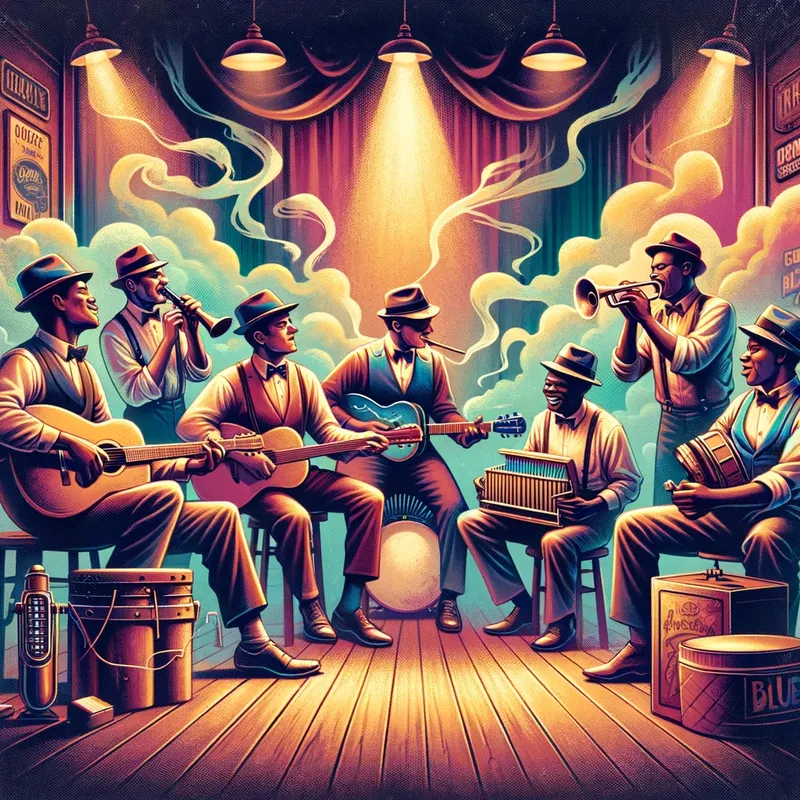British Blues

British Blues is an amalgamation of traditional American blues but with the British flair – think gritty guitar solos and experimental sounds.
Table of Contents
How British Blues Was Born
After WWII, American blues began to float across the Atlantic. It found a passionate audience among British youth who were keen to break free from the rigidity of post-war life.
The sound then got picked up by British musicians, who put their own spin on it, with a dash of rock, a sprinkle of folk, and a British eccentricity.
The Artists You Need to Know
So, who are the headliners in this British Blues revolution?
You’ve probably heard of a few: Eric Clapton, Fleetwood Mac (before they went full-on pop), The Rolling Stones, John Mayall, and of course, Led Zeppelin.
The British Blues Sound
One thing that sets British Blues apart is its love affair with the electric guitar. Where American blues often leans on harmonicas and acoustic sounds, British Blues has electrified sound.
It’s heavy, sometimes verging on the psychedelic, and always adventurous. The Brits weren’t afraid to mess around with amplifiers, feedback, and experimental recording techniques to get the sound just right.
Impact
British Blues was crucial in the evolution of rock music. Its influence can be heard in genres like hard rock and metal. Artists like Black Sabbath and Deep Purple drew inspiration from the electric sounds of British Blues.
British Blues Playlist
If you’re new to this awesome genre, start with tracks like “Crossroads” by Cream, “Black Magic Woman” by Fleetwood Mac.
Than expand to albums like John Mayall’s “Blues Breakers with Eric Clapton” and “Led Zeppelin I.”


